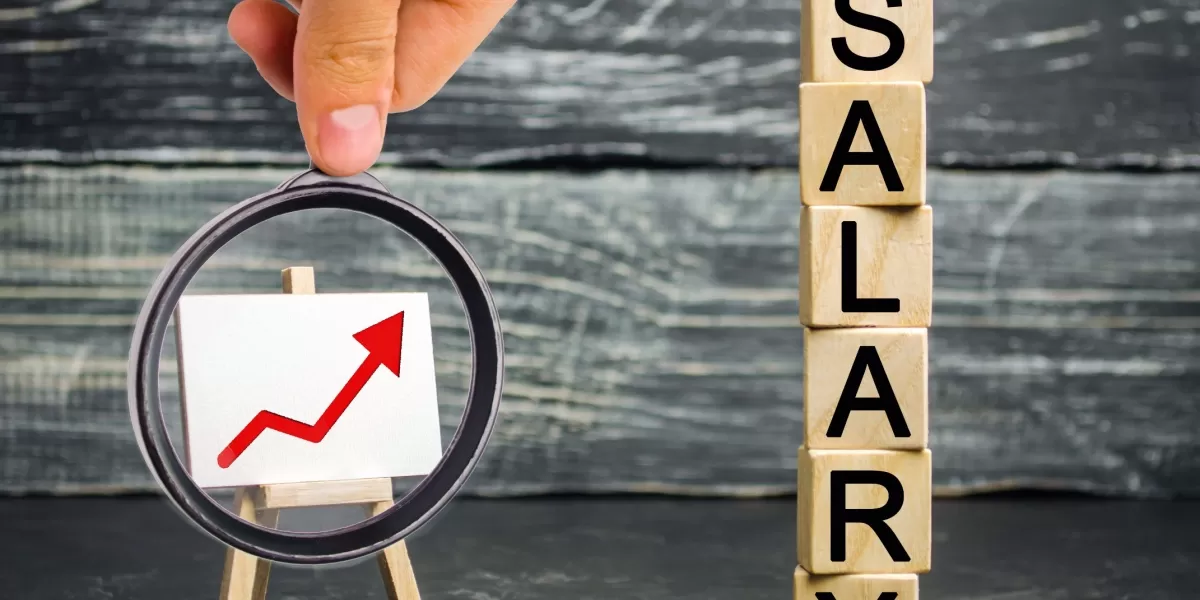
Financial Support
As our loved ones age, it's important to consider how we can support them financially during tough economic times.
Continued...
How to Research
Researching salary trends is a critical step in understanding your market value and preparing for salary negotiations.
Continued...
Cars to Insure
Here's a list of vehicle types that are likely to remain low-cost to insure in the near future based on historical data:
Continued...